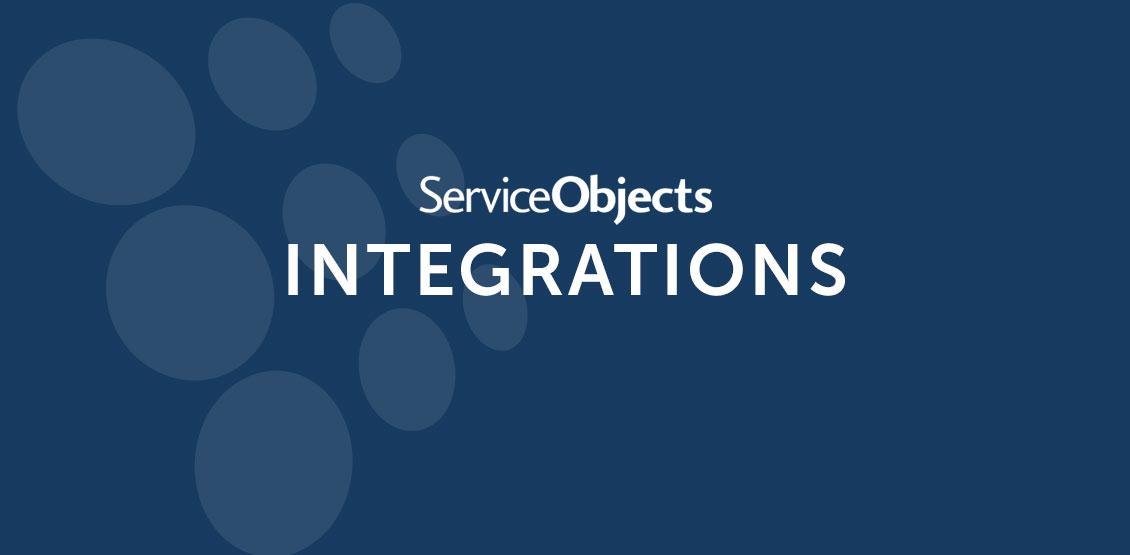A recent Information Age article paints a challenging picture of how e-commerce fraud is growing as consumers continue to move more of their spending online. U.S. retailers report their online year-over-year (YoY) revenue growth is up 68% as of mid-April and an impressive 129% YoY growth in US and Canada e-commerce orders.
Information Age cites research predicting a 14% growth in online fraud by 2023, to the tune of US $130 billion in losses, as well as a survey of merchants that uncovered seven specific types of fraud being seen nowadays:
- Identity theft: Using stolen personal information and credit card data to commit fraudulent transactions.
- Friendly fraud: This less-friendly-than-it-sounds strategy involves purchasing goods or services and then initiating a chargeback, claiming their credit card data was stolen, while sometimes having the goods sent to third party middlemen.
- Clean fraud: Using stolen credit card data in a way that circumvents normal fraud detection mechanisms.
- Affiliate fraud: Using bots or human fraudsters to sign up for merchant sites to gain pay-per-click affiliate revenue.
- Triangulation fraud: A online merchant sells goods they don’t have at very low prices, purchases them for you with someone else’s stolen credit information, then uses your credit information later for other fraudulent purchases.
- Merchant fraud: Similar to triangulation fraud, except that the merchant simply pockets your money and never ships the goods you order.
- International fraud: Different languages, laws and fraud prevention tools can make it easier for fraudsters to work across international borders.
In many of these cases, online fraud is fundamentally a data problem: it involves detectable patterns in the contact and financial data of the people you do business with. This means that staying one step ahead of online fraud requires attention to data hygiene, particularly at the point of order entry. Let’s look at some of the ways that data quality tools can help protect you from the potential losses of online fraud.
How we can help
Data quality tools to prevent these kinds of online fraud break down into three main areas:
1) Lead and order validation. These bundled tools rate the overall quality of a lead or order, giving you a quantitative score between zero and 100 that you can use to flag suspicious orders for further review or processing. They analyze over 130 data points, and serve as an automated way to find mismatches or inconsistent data. DOTS Lead Validation and DOTS Order Validation are real-time tools that cross-validate and correct customer input to help prevent fraud and unwarranted chargebacks.
2) IP validation. One of the biggest flags for online fraud is an order that originates from a location that doesn’t match the order address – particularly if it involves a country or region where fraud is endemic. Our DOTS IP Validation product provides a standalone check for cases where, for example, a shipping address is in California but the IP is in Russia, as well as detecting device type and proxy use. IP-versus-address checks are also bundled with the Lead Validation and Order Validation products described above.
3) BIN validation. A stolen credit card from a shady online source is likely to have mismatches between the issuing bank and the address provided for an order, particularly when local banks are involved. DOTS BIN Validation determines the issuing financial institution, country of issue and card type, for easy comparison with incoming order data.
The common denominator between all of these tools is that they flag inconsistencies in order, address and credit card data that can point to possible fraud, and each can be a key preventative tool in cases such as identity theft, friendly fraud, clean fraud, and affiliate fraud. Data validation can also be useful on the back end of recovering from fraudulent transactions, such as helping to fight chargebacks by making the case that a real person, using their real card from their real home IP address, placed an order.
You can also customize your data quality strategy to fit the kinds of fraud that your business is most at risk for. For example, if clean fraud is an issue, cascading business logic could detect if a proxy is being used, then escalate and detect location by IP and address provided, then IP and BIN location – and ultimately an order that can’t pass these checks can be flagged for follow up or cancellation. Likewise, email validation can help detect patterns where bots or fraudulent addresses are being used for pay-per-click signups.
All of these tools can be integrated with your business automation or e-commerce platforms via API interfaces, to validate order data in real-time BEFORE you process an order. And since most of our tools work around the world and are able to manage local languages and idiosyncrasies, you can count on global protection for your international transactions as well as domestic ones.
Preventing fraud is a team effort
As important as data quality is, we’ll be the first to admit that it can’t solve every fraud issue. Take merchant and triangulation fraud, for example: if the entity taking the order is crooked, no online tool can stop them, and you have to follow the principle that “if it sounds too good to be true, it probably is.” Likewise, situations like a stolen credit card being used in the victim’s metropolitan area – or affiliate fraud is being committed with legitimate signup addresses – can slip through the cracks of an automated process.
This is why it is important to have an intelligent multi-level approach to fraud prevention that involves surveillance and business logic as well as data tools. That said, we can be an important part of your team for preventing fraudulent online transactions – and as your online business volume continues to grow, having a plan in place is more important than ever. Our knowledgeable technical team is always happy to consult with you on intelligent fraud prevention solutions that are customized to your specific business needs.













